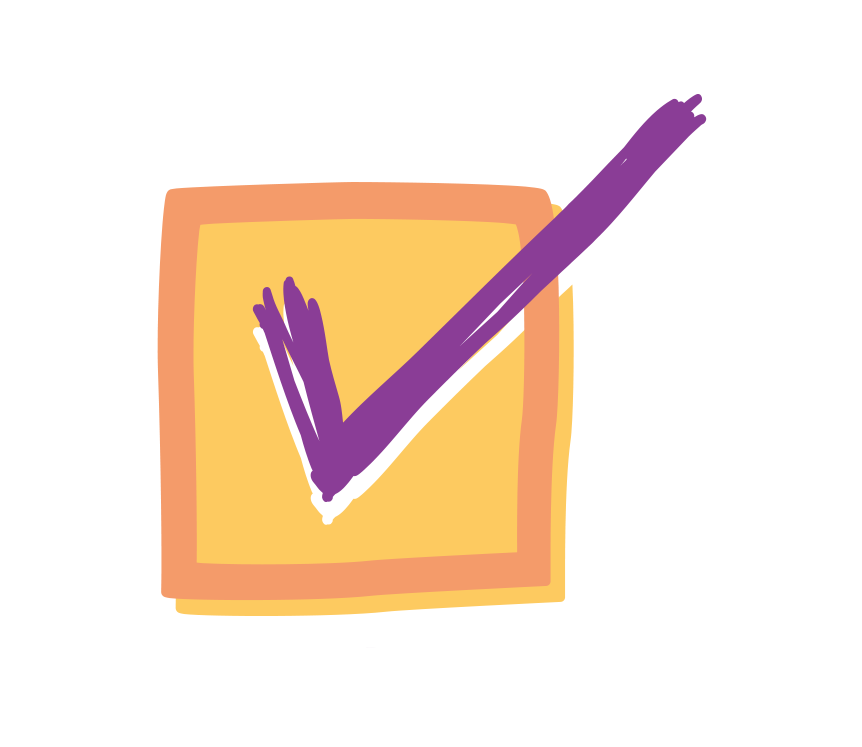
Intercultural communication in education
COURSE SUMMARY
The course is aimed at all teachers, staff, professionals, and persons working in culturally diverse education contexts. Participants will gain a better understanding of challenges that diversity brings into the classroom and develop necessary skills for managing it. More specifically, course participants will have the opportunity to analyse the influence of culture on behaviour and communication as well as strengthen their mediation skills in conflicts caused by cultural differences. The aim of the course is also to show that diversity and potential problems related to diversity are not only obstacles to be overcome and to strengthen participants’ ability of using problem situations as a teaching tool.
OUTCOMES
After completing the course, participants will be able to:
-
define and identify key elements of interpersonal communication and culture
- analyse and identify culturally determined elements of verbal and nonverbal communication
- compare and contrast different cultures’ values, beliefs, perceptions and communication styles
- apply different communication strategies in various multicultural contexts
- use effective strategies for working with culturally diverse groups and managing cultural differences in the classroom
- analyse diversity problem situations and use them as a teaching tool
- meet colleagues from other European countries, share experiences and examples of good practice
- develop their English communicative competence
TARGET GROUPS:
- primary and secondary school teachers working in a multicultural context
- teaching staff working with migrants and refugees
- cultural mediators
- migrants and refugees coming to live and work in Western Europe
- learners dealing with cultural diversity in the classroom
- academic staff working on international projects
DATES:




Education is not preparation for life. Education is life itself.
JOHN DEWEY